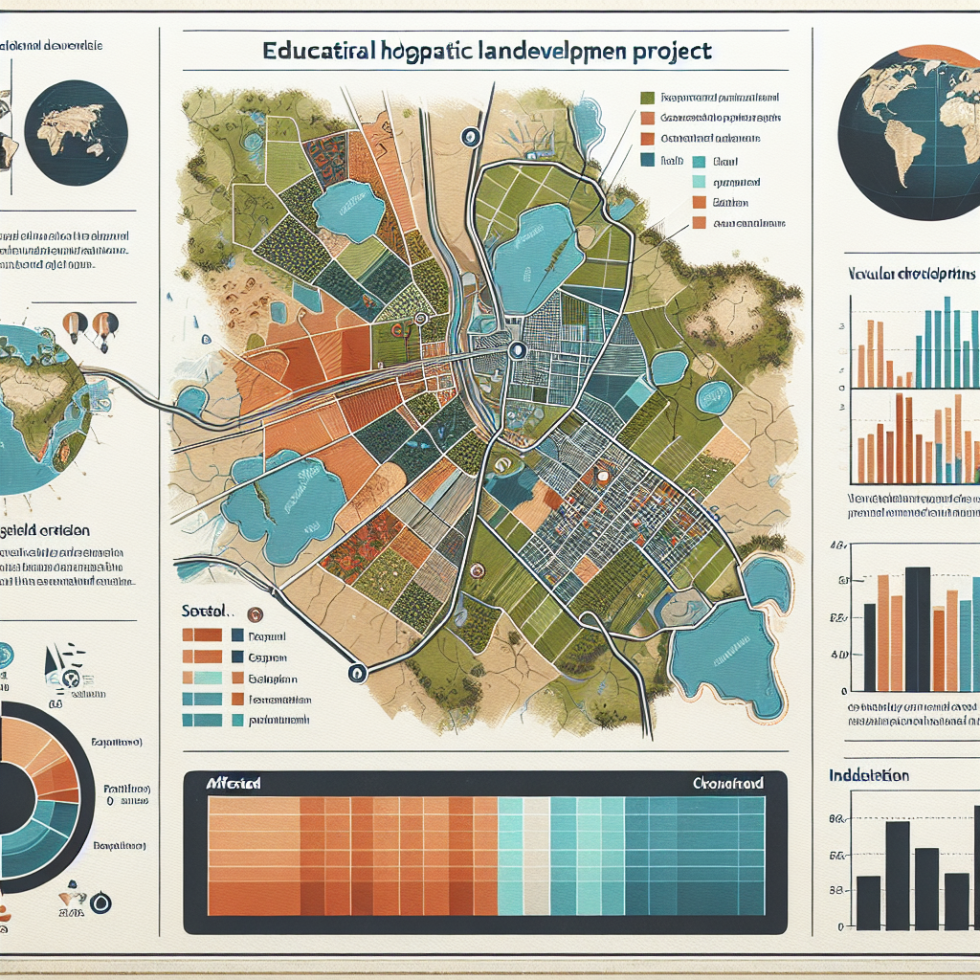
Israel’s Recent Approval
Israel recently approved a controversial settlement project in the occupied West Bank, specifically in the E1 area, which has raised significant concerns among Palestinians and international observers. This development is expected to effectively divide the West Bank, jeopardizing any hope for a viable Palestinian state. The decision has been met with criticism from various quarters, particularly because it revokes decades of US-mediated restraint on settlement expansion.
The E1 Area: A Geopolitical Hotspot
Located east of Jerusalem, the E1 area has been a critical point on the geopolitical map for many years. Over two decades of consideration have passed regarding its settlement, often stalled by US diplomatic efforts to foster peace in the region. However, the current Israeli administration has opted to move forward, with far-right politicians like Finance Minister Bezalel Smotrich advocating fiercely for expansion.
Impact on Palestinian Statehood
Critics argue that the construction of approximately 3,500 apartments in E1 will effectively obliterate the chances of a contiguous Palestinian state. With this settlement, the critical geographical link between Palestinian cities like Ramallah and Bethlehem will be severed. As Palestinian travelers now experience, traversing the landscape is fraught with difficulties, faced with numerous Israeli checkpoints and lengthy detours. The settlement’s construction is not just about housing; it is seen as a deliberate act to preclude any future political resolution.
Violence and Settlement Expansion
The expansion of Israeli settlements has been correlated with an uptick in violence against Palestinians. Reports have indicated increased settler attacks and military operations, complicating the lives of those living in the region. For instance, recent articles have highlighted the plight of displaced Palestinians who have been removed from their homes amidst the growing settlement pressures.
The Reaction from the International Community
The international community widely regards Israeli settlement construction as illegal and a significant barrier to peace. Over recent weeks, several Western nations have indicated plans to recognize a Palestinian state; however, the Israeli government’s actions cast doubt on these diplomatic initiatives. Funding for settlements like E1 is often justified by politicians who see them as vital to Israel’s future security.
A Shift in US Policy and Its Implications
The Trump administration’s stance on Israeli settlements differed markedly from its predecessors, dismissing the urgency of a two-state solution. U.S. Ambassador to Israel Mike Huckabee indicated that such negotiations were not a priority, further complicating the already tense dynamics between Israelis and Palestinians.
The Future of E1 and Israeli Settlements
If Israel pursues this settlement initiative swiftly, infrastructure work could commence within months with construction of new homes expected to follow shortly thereafter. Yet, a removal of these settlements—even temporarily—seems highly improbable given the current political landscape in Israel dominated by ultranationalist sentiments.
Final Thoughts
The approval of the E1 settlement project stands as a significant and controversial pivot in the Israeli-Palestinian conflict. As the world continues to monitor this unfolding situation, the implications for both regional stability and the prospect of a peaceful resolution remain increasingly tenuous.
To learn about the disclaimer of liability for the content of this website, click here




